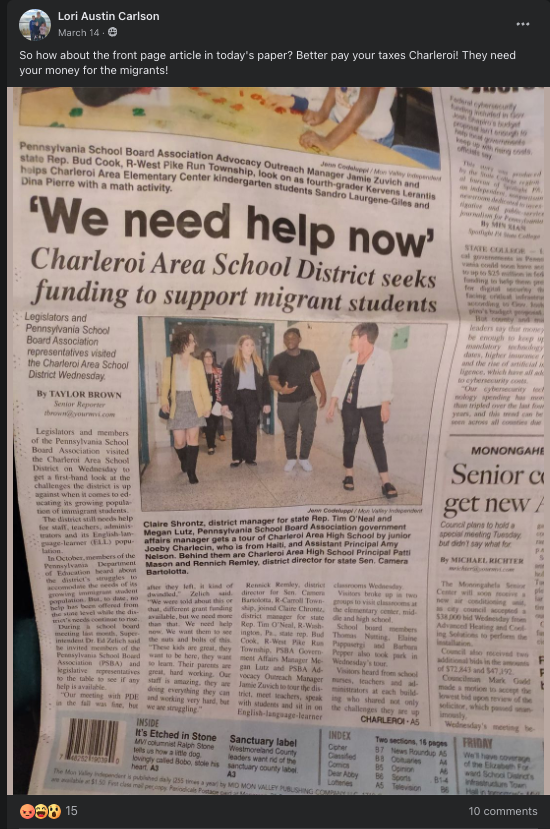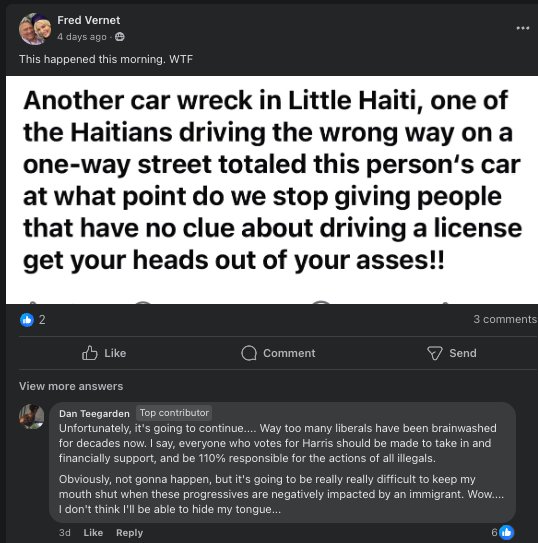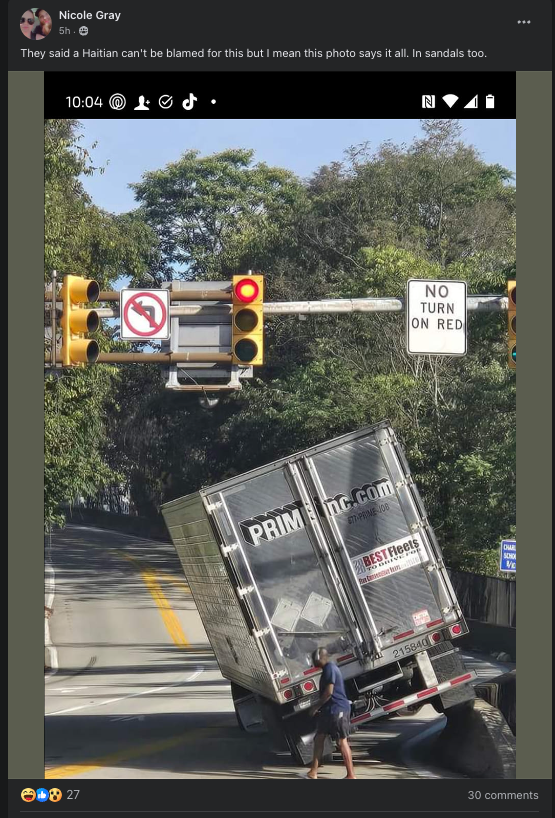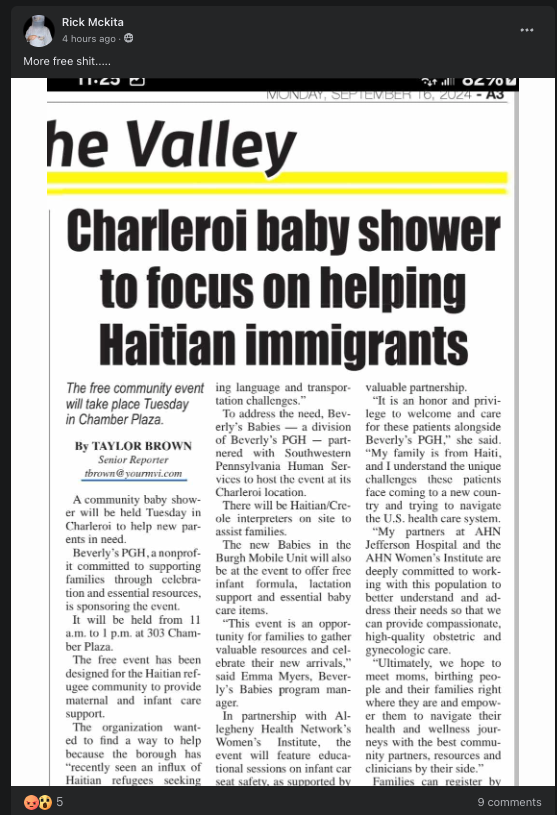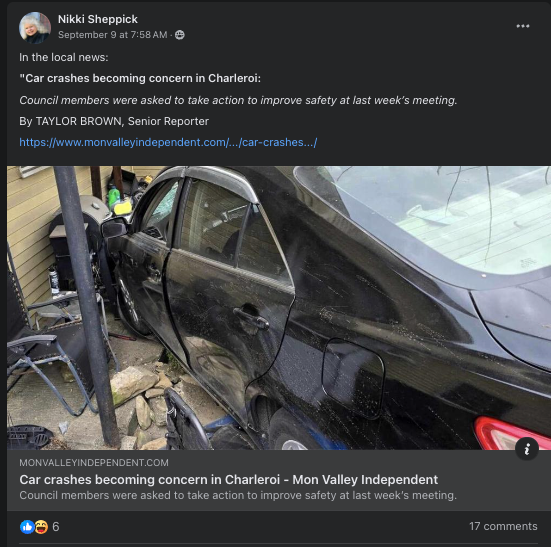Pharmacy benefit manager Express Scripts announced Tuesday it has filed a lawsuit in federal court in Missouri against the Federal Trade Commission for its “unfair, biased and erroneous” July report on the industry.
Express Scripts by Evernorth, a subsidiary of The Cigna Group, is demanding in a lawsuit that the Federal Trade Commission retract its recent “defamatory” report on the pharmacy benefit management sector.
The FTC’s interim report detailed the power and influence that pharmacy benefit managers (PBMs) like Express Scripts exert over patients and their ability to access affordable prescription drugs. The commission made allegations that PBMs are making agreements to keep lower-cost competitor drugs from the formularies in exchange for increased manufacturer rebates.
Specifically, the FTC alleged that the top three PBMs processed nearly 80% of the approximately 6.6 billion prescriptions dispensed by U.S. pharmacies in 2023, while the top six PBMs processed more than 90%. In addition, the report found that pharmacies affiliated with the three largest PBMs accounted for nearly 70% of all specialty drug revenue.
The three biggest players in the market are owned by insurers who own specialty, mail order, or retail pharmacies: Cigna owns Express Scripts, UnitedHealth owns OptumRx, and CVS Health owns CVS Caremark.
Just days after the report’s release in July, the FTC announced plans to file lawsuits against the three largest PBMs including Express Scripts.
The PBM on Tuesday slapped back with its own lawsuit, filed in Missouri federal court, accusing the FTC of an “unfair, biased, and erroneous” report. According to the lawsuit, the report is not based on data provided by the PBMs but rather “seventy-four pages of unsupported innuendo leveled against Express Scripts and other PBMs under a false and defamatory headline and accompanied by a false and defamatory press release.”
Andrew Nelson, chief legal officer for The Cigna Group called the FTC’s actions unconstitutional while advancing a narrative that could harm the healthcare system by removing checks and balances. Nelson suggests this would lead to higher drug prices for Americans.
“We don’t take this step lightly, but as advocates working to lower drug prices for millions of Americans and the employers, labor unions, and government agencies that provide their prescription drug benefits, we cannot let the FTC’s unlawful actions and false information stand,” Nelson said in a statement.
Express Scripts contends it achieved around $38 billion in savings for clients last year, emphasizing that drug manufacturers—not PBMs—set drug prices.
Congress is slated to review several bills that would require PBMs to declare how much of a profit they’re making while negotiating drug prices.
In its lawsuit, Express Scripts points a finger at FTC Chair Lina Khan, accusing her of anti-PBM bias since the time before she was appointed to the commission. The company is seeking a judgment declaring the FTC’s report to be defamatory and unlawful, that it be removed from all commission websites and Khan be recused from any actions related to Express Scripts.

